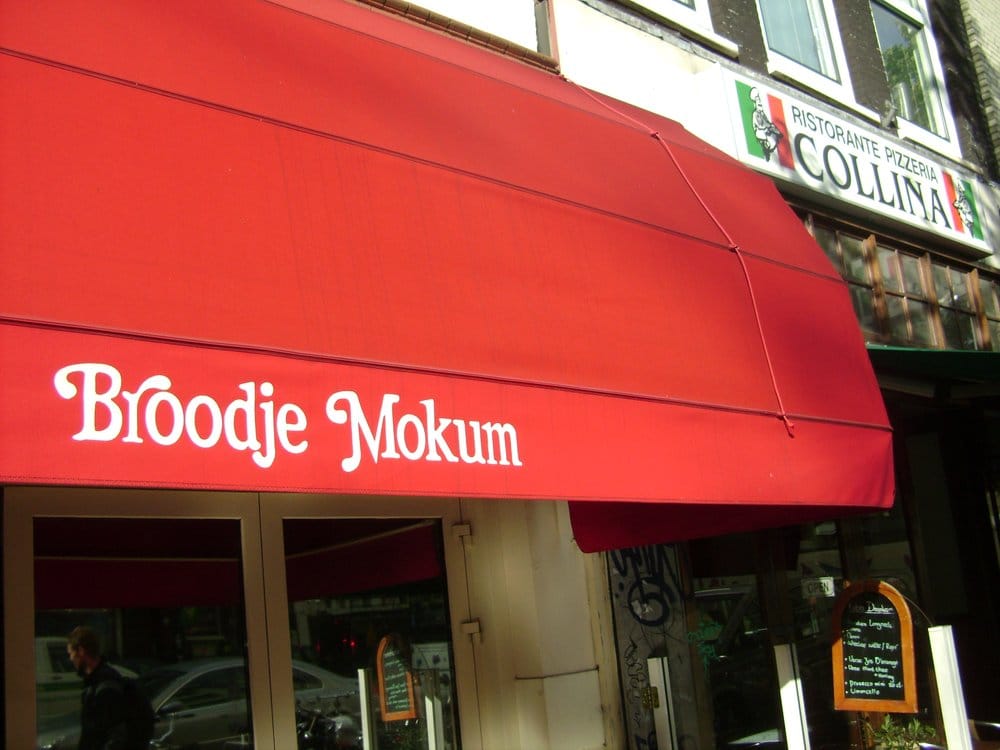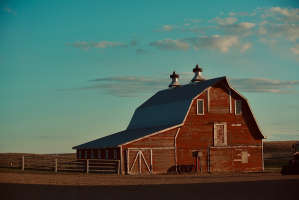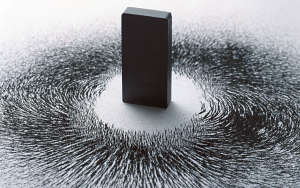The Unofficial Story of… Mokum

Anyone living in Amsterdam for longer than a few years must have come across this affectionate nickname for the city itself: Mokum. I know I've heard it well before even deciding to move to the Netherlands. But what does it mean, and where does it come from? It turns out there is an interesting story behind the word and how it came to be associated with our lovely home city.
To find its origins we have to look no further than the rich Jewish tradition throughout the Netherlands and especially its capital. Derived from the Hebrew "makom" meaning "place" or "city", Mokum entered the regular language coming from one of its shadier cousins — Bargoens, a form of Dutch slang, or more exactly a secret cant which arose in the 17th century. It was often used by merchants and travelling salesmen of various kinds, many of whom were Jews, at the time viewed with suspicion and treated as outcasts in Europe; this lead to a lot of Yiddish words and phrases making their way into Bargoens, and from there they slowly trickled into regular Dutch.
To distinguish between the cities they visited for commerce but keep their destinations confidential at the same time, itinerant merchants used to refer to them using "Mokum" and the initial from the Hebrew alphabet. Thus Delft became "Mokum Dollet", Berlin became "Mokum Beis" and Amsterdam — "Mokum Aleph" or "City A". It was the first, the "alpha" not just because its name started with the letter A but also due to its large Jewish population (the largest in the Netherlands and one of the largest in Western Europe). Amsterdam was for a long time the only place where Jews could come without any restrictions and, in contrast to other parts of Europe, had freedom to settle and were never confined to ghettos or forced to wear distinctive signs. It was also at times referred to as "Groot (great) Mokum" much to the chagrin of its southern rival Rotterdam, nicknamed "Klein (little) Mokum".
With time, most of these names were forgotten — except for Amsterdam, which only lost its "Aleph" to become simply "Mokum". For its inhabitants it certainly rings true that this is "the place" to live in, and they even took to calling themselves "Mokummers" as a sign of sentimental endearment towards their birth or adoptive city.
Historically, "Mokum" with the meaning of "city" was first recorded in 1731, in one of the oldest Bargoens dictionaries. "Mokummer" for "Amsterdammer" first appears in 1906 in another slang dictionary, and from the beginning of the 1940s it starts popping up in novels — in books by Jan Mens, Maurits Dekker or Simon Carmiggelt. But perhaps the moment that clearly tied "Mokum" with "Amsterdam" in popular culture was a 1955 song by Johnny Jordaan: "Geef mij maar Amsterdam" with the popular chorus verse: "Geef mij maar Amsterdam, m’n Mokums paradijs" — "Give me Amsterdam, my Mokum paradise".
The world moves on and everything is in perpetual change — what was once a secret word has now become a sign of familiarity; but what I know is that next time I'll go past a café, a bar or a bakery called Mokum I'll give it a knowing wink, happy to count myself among the Mokummers.






Comments